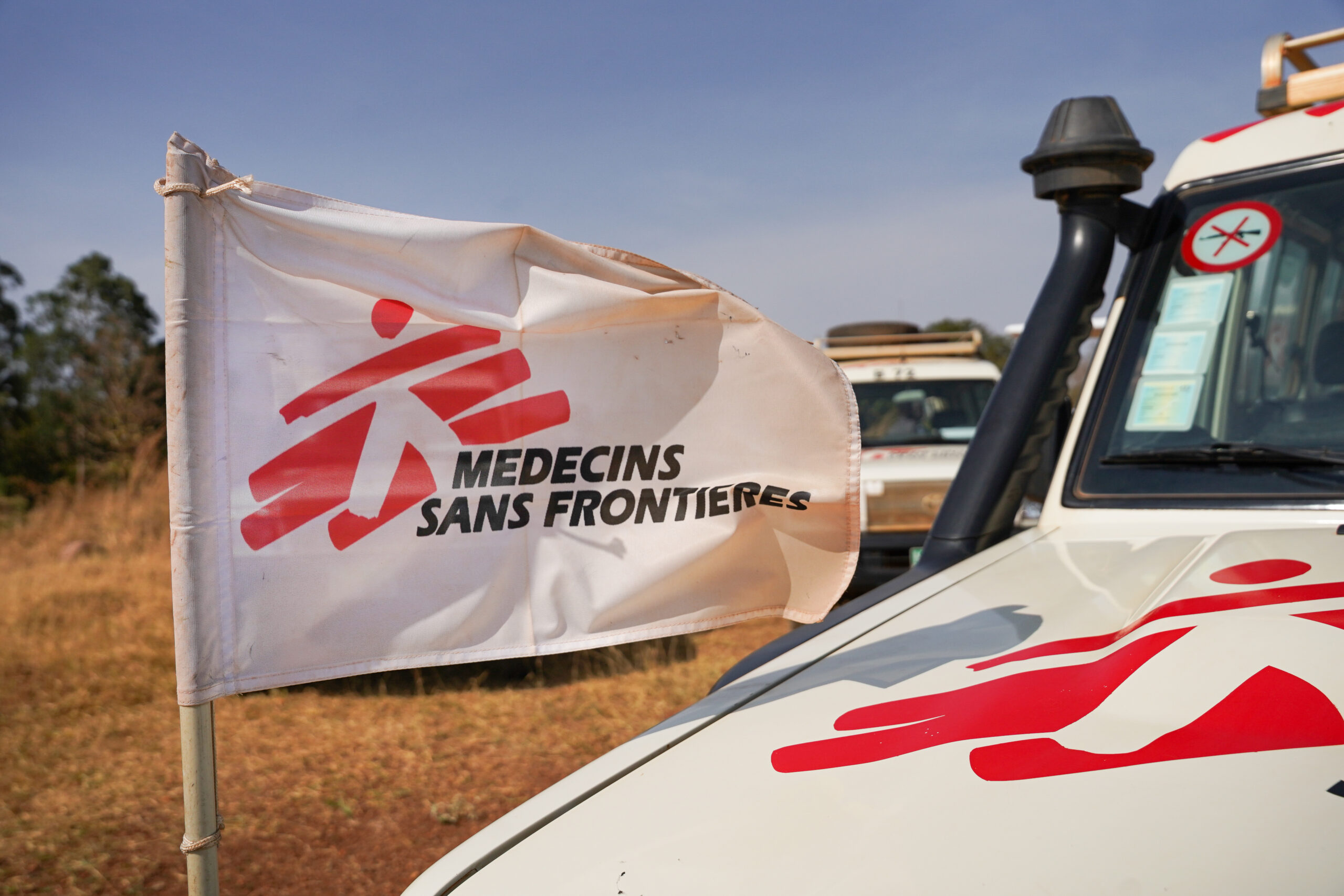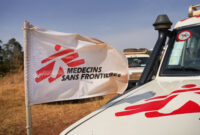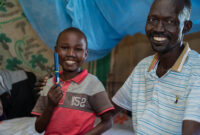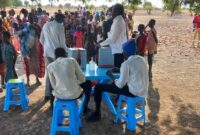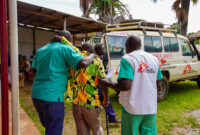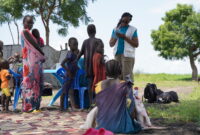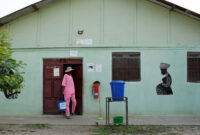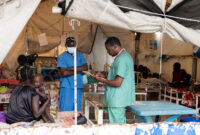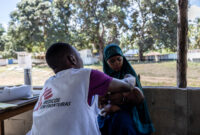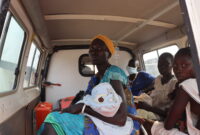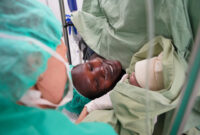South Sudan: MSF healthcare facility hit during an airstrike
MSF calls for immediate protection of medical staff and facilities after airstrikes strike two locations in Jonglei state.
On the morning of Dec. 3, a Doctors Without Borders/Médecins Sans Frontières (MSF) healthcare facility was hit during an airstrike in the town of Pieri, Jonglei state. After the gunship helicopter left, MSF teams found bullets that hit the facility. MSF teams witnessed additional airstrikes in Lankien, where MSF also runs healthcare facilities, but without direct damage to the infrastructure.
In both locations, all MSF staff remain safe and there have been no reported casualties among the local community linked to airstrikes. MSF is the only healthcare provider supporting groups in vulnerable situations as well as women and children in Pieri. MSF’s Lankien hospital is the only secondary healthcare facility that provides essential care in the region.
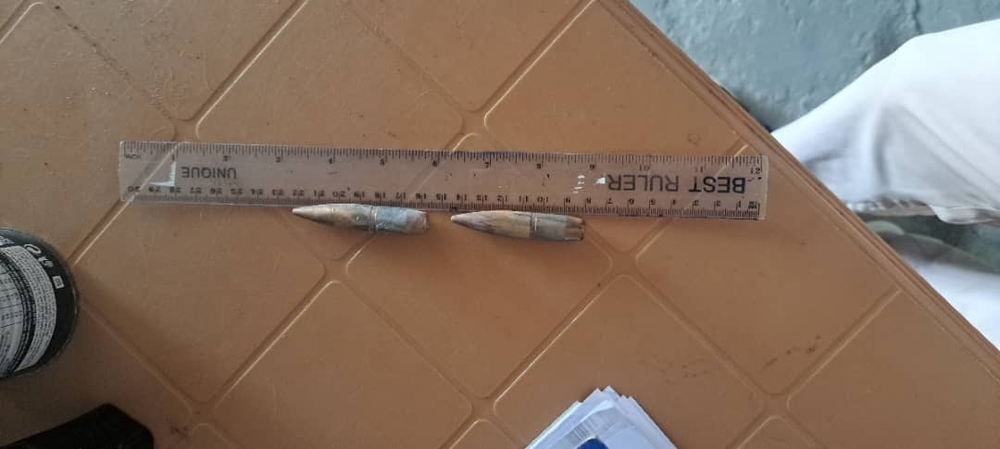
In 2025, MSF experienced several attacks, forcing the closure of Old Fangak and Ulang hospitals in May and June and the suspension of primary care activities in Jonglei, Upper Nile and Central Equatoria.
“The recent airstrike shows a deeply concerning pattern in which healthcare facilities are repeatedly hit or come under fire during persistent attacks,” says Emmerson Gono, MSF deputy country director in South Sudan. “We call for immediate protection of medical infrastructure, staff and patients in South Sudan.”
MSF operates one of our largest assistance programs worldwide in South Sudan, responding to the many health needs resulting from ongoing conflict, displacement, recurrent floods and disease outbreaks. All these issues are compounded by a marked decrease in international funding for humanitarian and development programs, and the precarious state of the national healthcare system.
